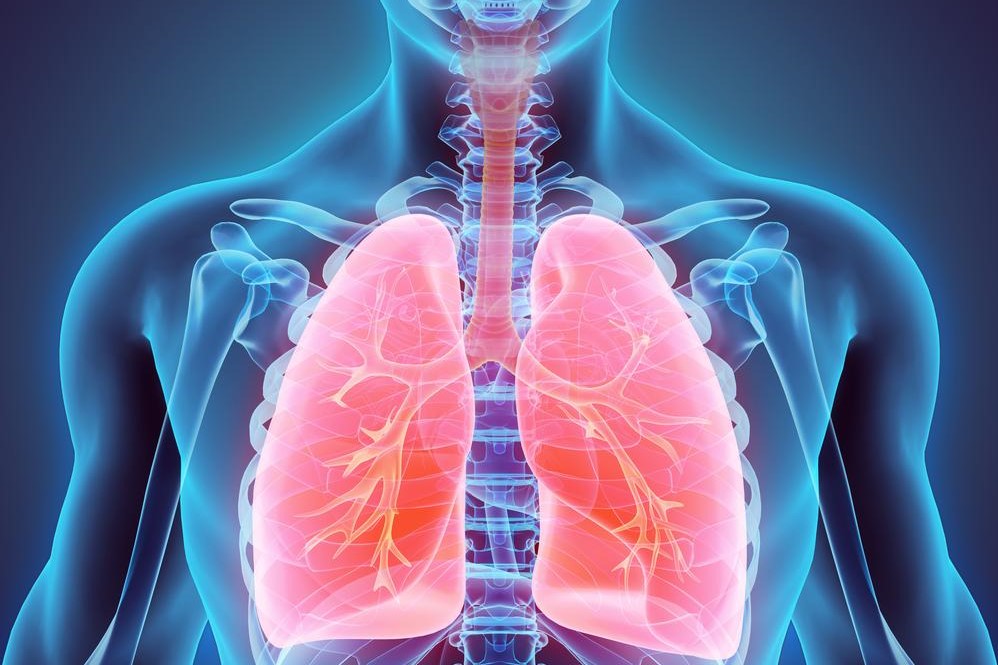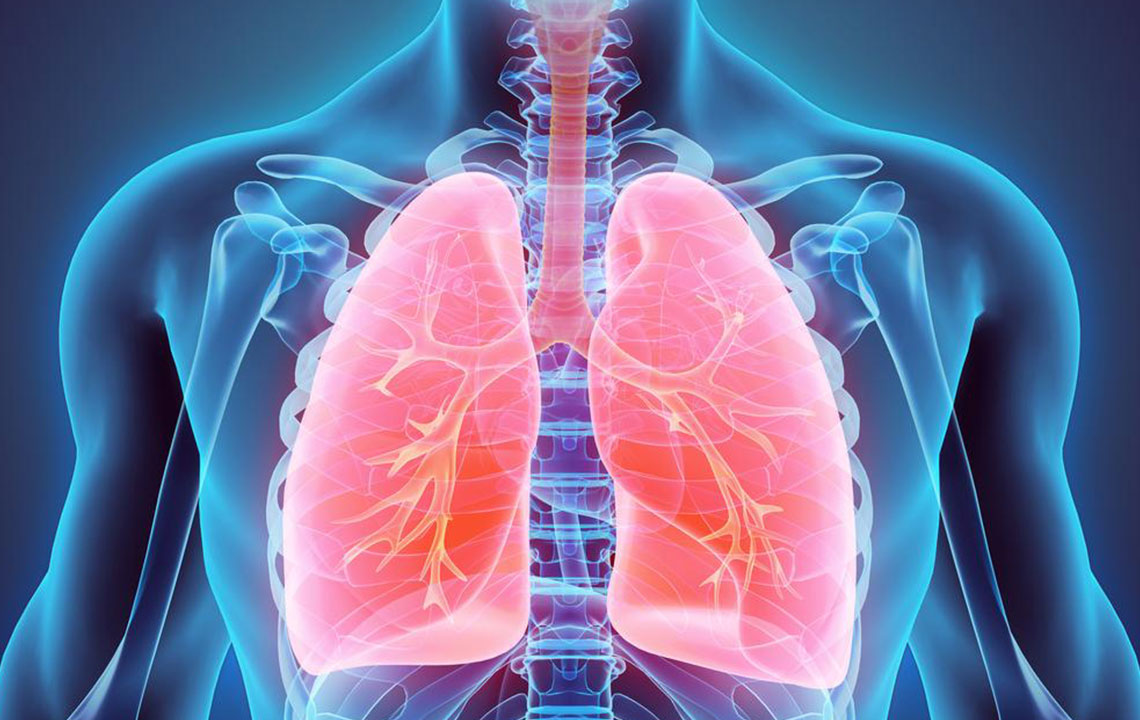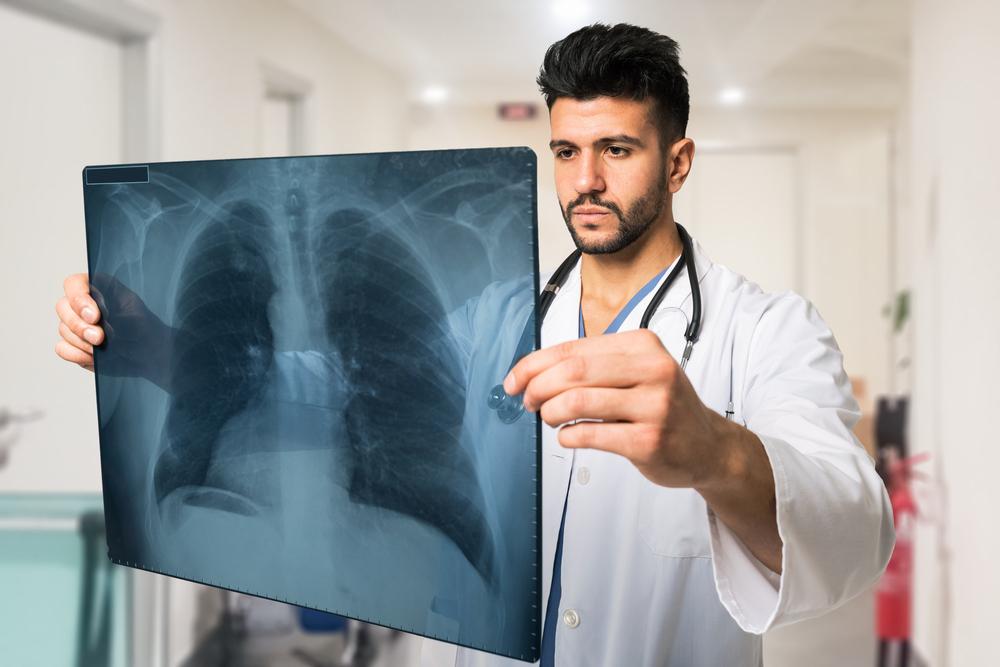Recognizing the Early Signs and Symptoms of Lung Cancer
Lung cancer often progresses silently, with symptoms appearing only at advanced stages. Early signs include cough, chest pain, and fatigue, while advanced stages may cause bone pain and neurological issues. Recognizing symptoms early and seeking prompt medical evaluation can improve outcomes. Palliative care provides comfort, but aggressive treatments remain options for many patients. Awareness of associated syndromes like Horner and SVC syndrome is also important for early detection and management.
Sponsored

Lung cancer often develops silently, showing no noticeable symptoms until it reaches advanced stages or spreads to other parts of the body. This silent progression makes it a deadly disease, as late detection limits treatment options. Approximately one-third of lung cancer cases are diagnosed after metastasis, leading to a poor prognosis.
Some patients choose palliative care instead of aggressive treatments. Palliative care focuses on relieving pain and discomfort rather than curing the disease, helping patients maintain comfort in their final stages.

Low doses of chemotherapy and radiation are used to manage pain and symptoms. Interestingly, studies suggest that patients opting for palliative care alone might sometimes live longer than those undergoing aggressive treatments, although both options are available depending on patient choice.
Patients eager to fight the disease with all available medical resources can still receive pain management and supportive care to ensure comfort.
Early-stage symptoms include:
Persistent cough
Chest pain
Blood in sputum
Breathing difficulties
Hoarseness
Fatigue
Recurrent infections
Wheezing
Advanced-stage symptoms include:
Bone pain
Headaches
Numbness in limbs
Dizziness
Jaundice (yellowing skin or eyes)
It's important to note that some of these symptoms may be caused by other conditions. Anyone experiencing such signs should seek immediate medical evaluation.
Lung cancer can lead to additional syndromes. Horner syndrome occurs when tumors press on nerves affecting the eye or face, causing drooping eyelids and smaller pupils. Superior vena cava syndrome results from tumor pressure on the vein that drains blood from the head and arms, leading to swelling, headaches, and dizziness.
Another condition, paraneoplastic syndrome, results when the tumor secretes hormones affecting distant organs. Symptoms include elevated calcium levels, abnormal bone growth, and blood clots. These signs are not exclusive to lung cancer; thus, prompt medical assessment is essential for an accurate diagnosis.






